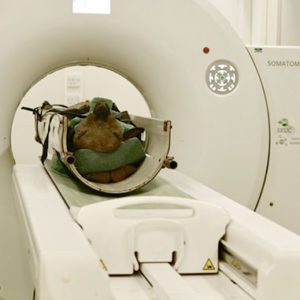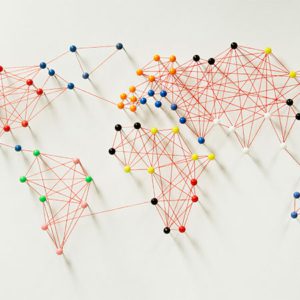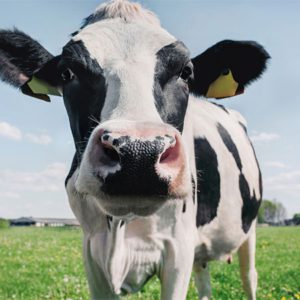Projects
Active
Call for participation – DIGIT-BM, a digital transformation tool to help businesses to design new Business Models
Lead DIGIT Lab team: Prof. Tim Vorley, Prof. Roger Maull, Dr....
Data-Driven Design – See.Sense Case Study
Lead DIGIT Lab Academics: Professor Saeema Ahmed-Kristensen and Dr. Boyeun...
AI and data in Design: Advancing the design engineering processes for manufacturing sector
Lead DIGIT Lab academics: Prof. Saeema Ahmed-Kristensen and Dr. Ji...
Radical transformation in Social Housing sector: Investigation of possibilities
Lead DIGIT Lab Academic: Prof. Mark Thompson Housing Associations (HAs)...
Digital Transformation in the Construction Industry
Lead DIGIT Lab Academic: Dr. Gökçen Yilmaz This research looks...
AI and Creativity: The future of work and creative task
Lead DIGIT Lab Academic: Professor Saeema Ahmed-Kristensen with Ji Han
Responsible digital transformation in UK animal agriculture
Lead DIGIT Lab Academics: Professor Sarah Hartley & Hugh Williamson
‘Veris’: An Open-Source Smartphone Application for Health Research and Diagnostics
Lead DIGIT Lab Academics: Dr David Plans & Dr Jonathan...
Digital Innovation: Smart Products & Sustainability – The Role of Digital twins
Lead DIGIT Lab Academics: Professor Saeema Ahmed-Kristensen & Charlotte Markey...
A Business Model Innovation Tool to Understand Large Established Organisations’ Digital Transformation
Lead DIGIT Lab Academics: Professor Tim Vorley, Dr Jeremy Zwiegelaar,...
Digital transformation in Law firms
Lead DIGIT Lab Academics: Dr Dimitris Batolas and Professor Leroy...
Digital platforms: A case study of NHS Jobs
Lead DIGIT Lab Academics: Professor Mark Thompson and Alfie Porteous (Intern)
Data-Driven Design Framework
Lead DIGIT Lab Academics: Professor Saeema Ahmed-Kristensen and Dr Boyeun...
Data and AI in the Digital Economy
Lead DIGIT Lab Academics: Professor Roger Maull and Maximilian Stout...
Adopting IoT and AI Technologies for Efficient Digital Transformation in the Agribusiness Sector
Lead DIGIT Lab Academics: Professor Gerard Parr, Dr Hane Aung,...
Completed
Banishing the Sunday Night Blues
Lead DIGIT Lab Academics: Professor Ilke Inceoglu (DIGIT Lab collaborator),...
Investigating the Data Reuse Problem
Lead DIGIT Lab Academics: Dr. Zena Wood and Dr Tausif Bordoloi...
Accelerating Digital Innovation in Animal Health at Zoetis
Lead DIGIT Lab Academic: Professor Alan Brown and Dr Nikolai...




























